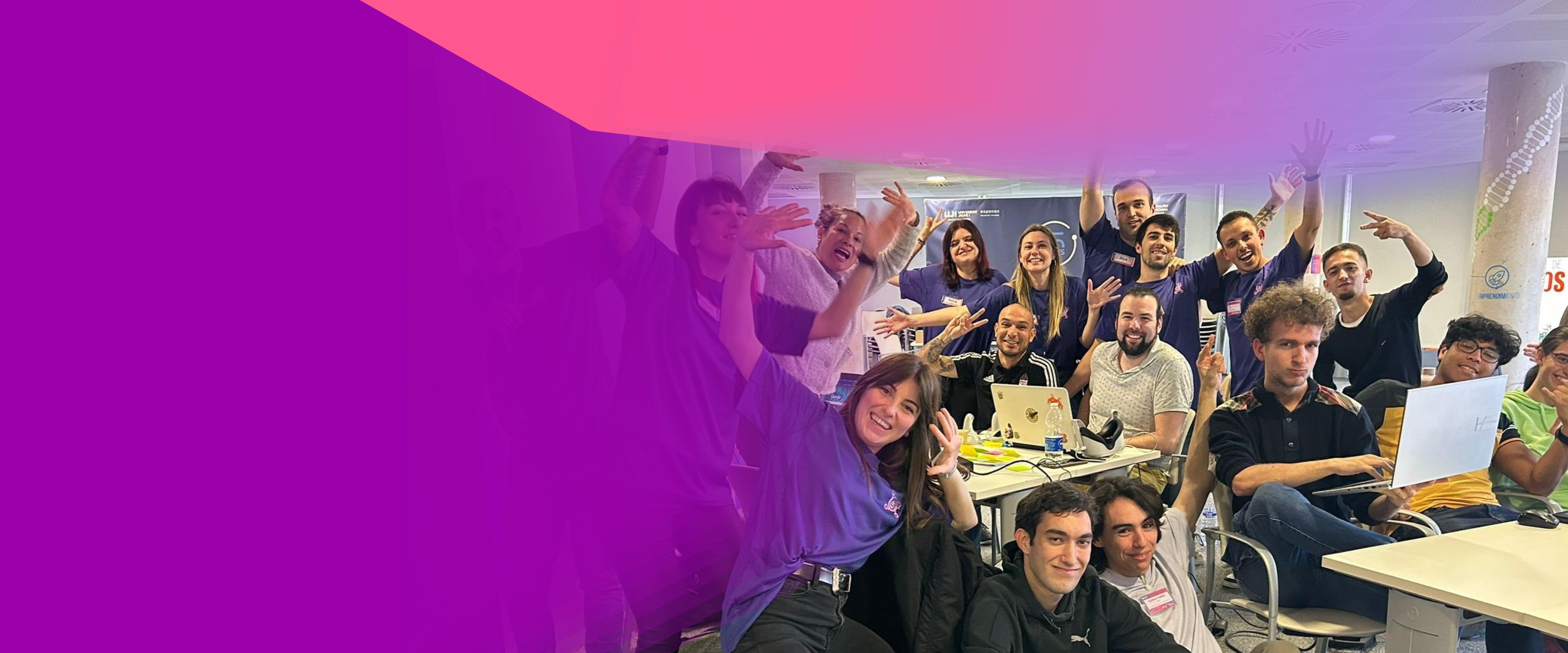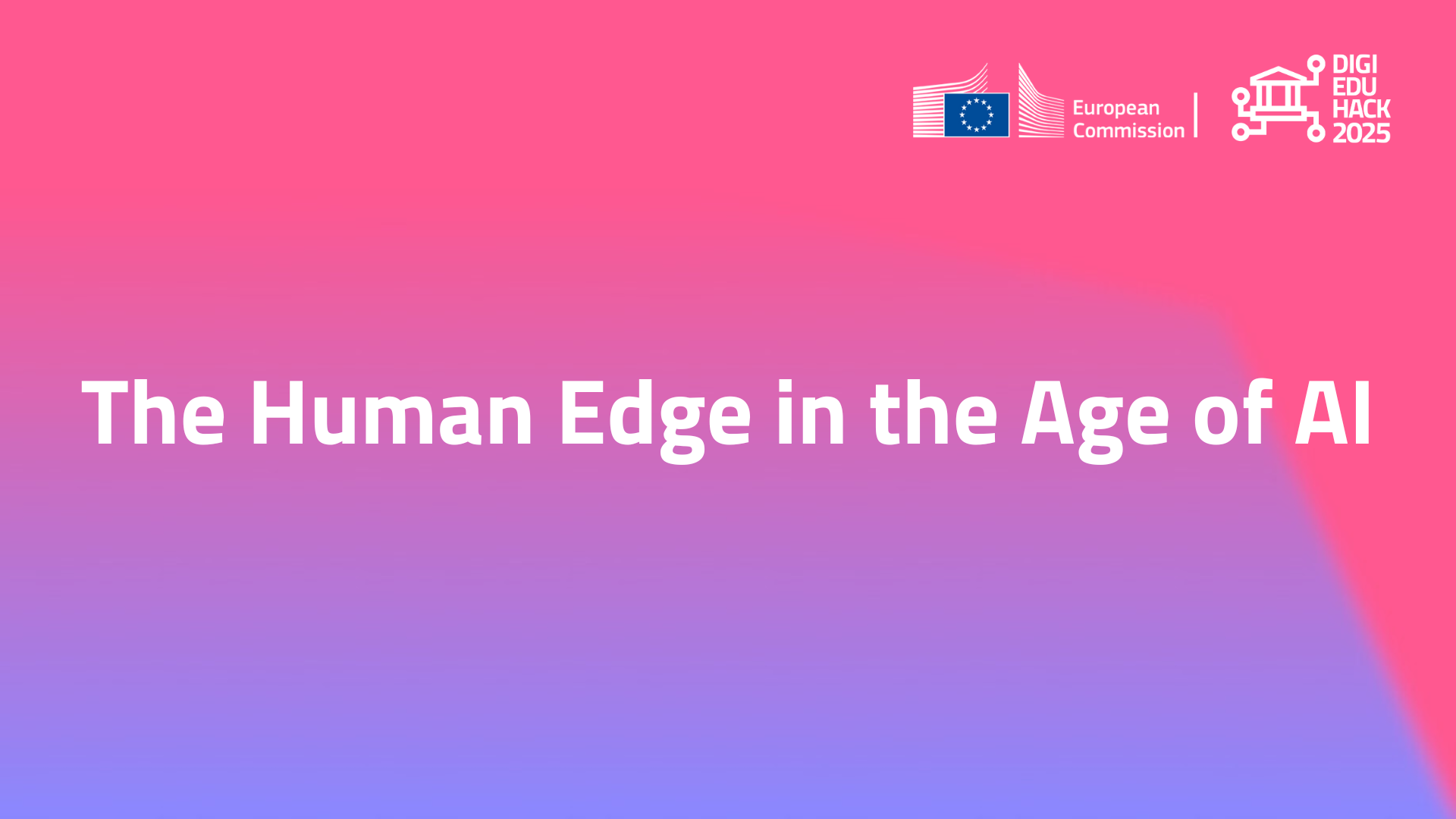The Human Edge in the Age of AI
By Filipa Lemos Cristina, co-founder & driver @PowerUP
At the very moment AI transforms industries, algorithms write code, and platforms personalise education at scale - the most irreplaceable skills remain deeply human.
While we stand at the crossroads of exponential technological advancement, one paradox becomes increasingly clear: the more digital the world becomes, the more essential human skills are for both education and the future of work. Empathy, critical thinking, collaboration, communication, and creativity - often called human skills - are no longer "nice-to-have." They will differentiate leaders, teams, and entire organizations in a world where AI handles much of the technical complexity.
The data speaks clearly - and painfully.
Globally, only 23% of employees are engaged at work (Gallup, 2023). In Europe, job satisfaction is among the lowest across OECD countries. McKinsey (2024) reports that 50% of employees feel unprepared for the evolving nature of their roles. The World Economic Forum (2025) ranks 9 out of 10 top skills as human-centric. UNESCO (2023) warns of growing global skill mismatches that threaten both social cohesion and economic competitiveness.
Today's learners - of any age - are preparing for jobs that don't yet exist.
The rapid evolution of AI and automation will create entirely new industries while rendering others obsolete. According to the OECD, 1.1 billion jobs are expected to undergo radical transformation in the coming decade. This means that education - whether in school, university, or corporate settings - must shift from knowledge transfer to skill activation. Learners need to develop adaptive capacities that allow them to pivot, collaborate, and create in entirely new contexts.
The good news: we are biologically wired to learn and adapt - if we design learning to work with our brain, not against it. Neuroplasticity - the brain’s lifelong capacity to reorganise itself - allows people to build new skills at any stage of life. Advances in neuroscience show that when learning is emotionally engaging, cognitively stimulating, and supported by active practice and feedback, retention and real behavior change become possible (Doidge, 2007; Immordino-Yang, 2016).
Neurolearning-based approaches leverage this science to move from simple information absorption to genuine skill embodiment.
In education, the shift must be urgent and intentional.
For too long, digital learning has simply replicated old pedagogical models in new formats - video lectures instead of in-person ones, quizzes replacing written exams. But true innovation lies not in delivering more content, but in designing learning that develops cognitive flexibility, emotional intelligence, and adaptive problem-solving. Technology should be used to create interactive, emotionally resonant spaces where learners experiment, reflect, collaborate, and build resilience - at the pace and rhythm that the brain can effectively absorb.
In the workplace, this human layer becomes the competitive advantage.
AI will generate reports, analysee data, and suggest decisions. But it still can’t understand people, handle relationships, or create trust in diverse teams. As roles transform, organisations must prioritise upskilling not only technical abilities but the power skills that allow teams to adapt, innovate and co-create value sustainably.
Digital tools can - and must - support this development in true synergy with human work: relieving us from repetitive, laborious tasks while amplifying the time, space, and mental capacity needed for higher-value human interactions, creativity, and collaboration. Technology’s greatest role in learning is not helping us absorb more - but helping us absorb better.
I believe Europe now has a unique opportunity - and responsibility - to lead by example. With its diverse economies, strong educational frameworks, and active policy agenda (European Year of Skills, 2023), Europe must act collectively. By investing together in learning models that combine neuroscience, AI, and human-centered leadership - designed to work in harmony with how the brain learns - Europe can set global standards that promote inclusion, competitiveness, and long-term societal well-being.
The greatest risk ahead is not technology itself - but underestimating the human element. The leaders of tomorrow will not be those who simply master AI, but those who integrate AI while cultivating human-centric leadership: listening deeply, deciding ethically, and fostering inclusive environments. Organisations and institutions that ignore this dual focus risk widening skill gaps, disengaging talent, and compromising their future.
The future of work is not AI vs. humans - it is AI with humans.
Only if we have the courage to rethink learning and development through a brain-friendly, human- first lens, amplified by responsible technology, can we create real and lasting impact.
Filipa will be sharing her expertise and thoughts on our podcast soon - stay tuned for her episode.

